Photography
Macquarie's visual identity has become instantly recognisable thanks to the depth and authenticity of the images our photographic team gathers. Wherever possible, use the professional images found in our Canto library. Using stock photos on the university website is not encouraged.
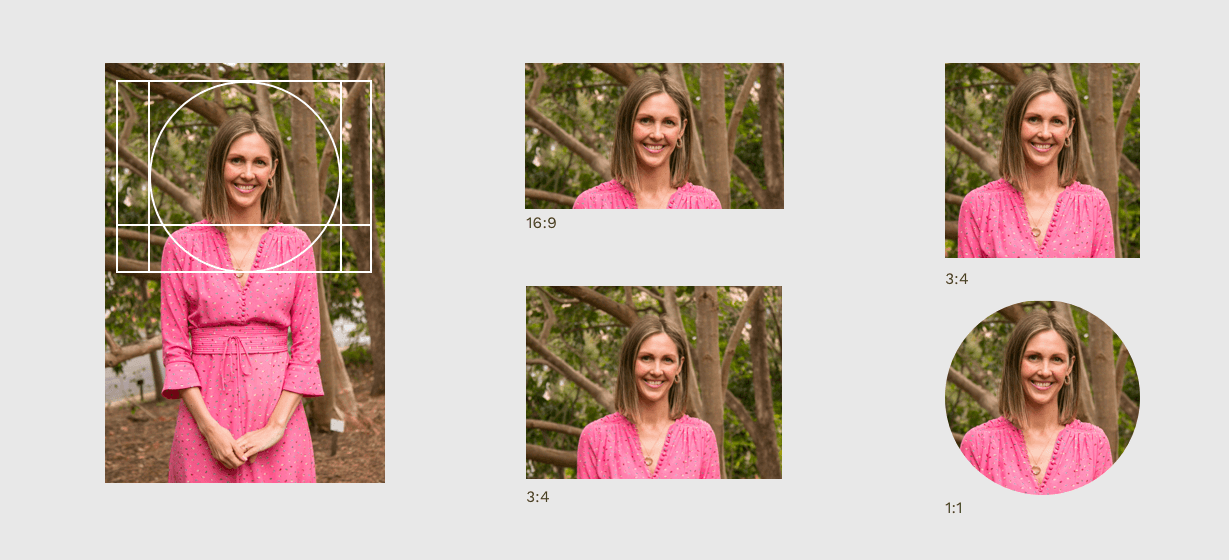
Crediting artists
Always credit images to the photographer, unless the photographer has agreed not to be credited. Artworks appearing in photos must also be credited to the artist. You might need to seek permission from the artist or the University Art Gallery to publish these images.
Permission from subjects
When taking photos, always obtain signed release forms from the people who are identifiable in them. Release details should be as specific as possible, to make sure the images are not used in ways that go against the subjects' wishes.
Stay clear of legal issues like defamation by avoiding any use of an image which could reasonably be interpreted as:
- exposing someone to ridicule
- disparaging a person or product
- associating someone with an issue they have no affiliation with.
Download:
Unauthorised uses
Only use an image in ways the photographer or artist has agreed to. Other uses infringe copyright, and you could be required to pay damages and stop further use of the image.
Sensitive topics
Take special care when choosing images to illustrate potentially sensitive ideas, for example:
- misuse of alcohol or other drugs
- violence or abuse
- sex, sexuality or gender
- disability and mental illness
- chronic illness or disease
- race or religion
- representations of indigenous peoples and cultures.
Canto
Canto is Macquarie's own image database. It houses over 80,000 pictures taken by university photographers of our people, events and campus. Our staff make more than 8,000 requests for images every year for newsletters, web and other publications to showcase their work. With Canto you can easily search, order and download high quality imagery that's been taken specifically for use in Macquarie's content.

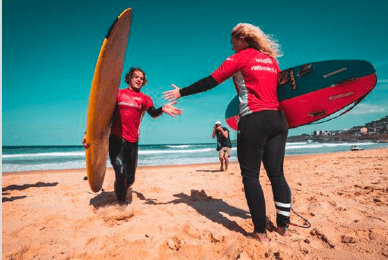
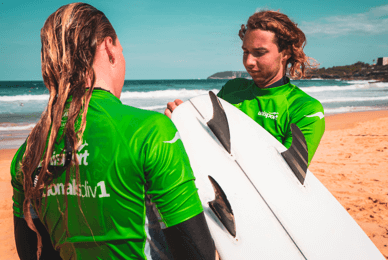
Best practice
Size appropriately

Export images at the lowest file size you can without compromising quality. This helps your page load faster.

Avoid using small file sizes, which could cause images to blur and pixelate. Test resolution sizes across different devices to make sure everything looks right.
Focal point
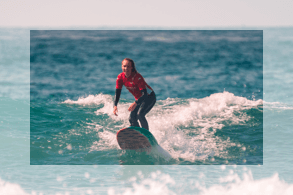
Give your image a clear focal point.
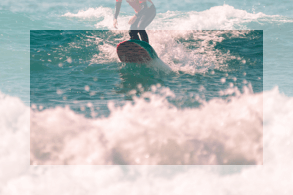
Don't crop your focal point out, or place it too close to the image's border.
Thumbnails

Use images that give a clear and engaging snapshot into the topic you're communicating.
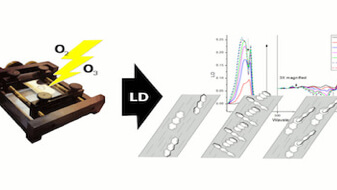
Don't use crowded images, complex infographics or pictures that don't fully occupy the thumbnail space (full bleed).
Avatar

Use a clear photo where the subject is easily recognisable.

Don't use photos which are blurry, or where the subject is not easy to recognise.
PURE profile images

Use a square profile image in PURE, of at least 150 x 150 pixels. 200 x 200 is recommended.

Don't use photos which are blurry, or where the subject is not easy to recognise.